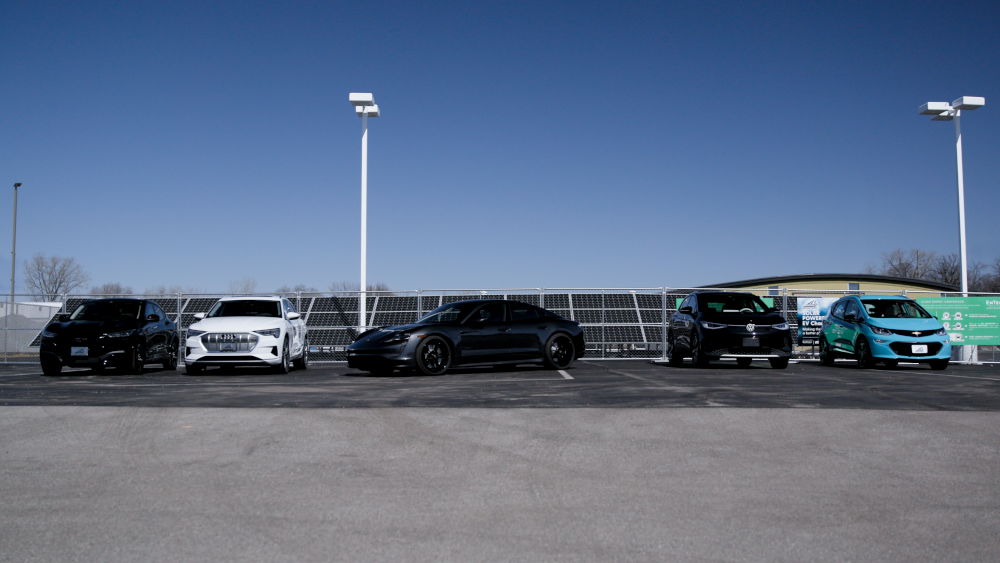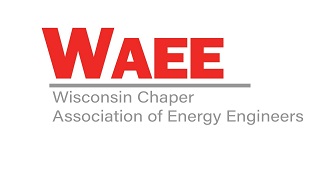
According to the U.S. Department of Energy, the sales of light-duty electric vehicles (EVs) have nearly doubled in the U.S., from 308,000 in 2020 to 608,000 in 2021. Despite the massive increase, EVs still only represent about 4% of all new cars sold during this time. So, what’s holding consumers back? One of the most cited reasons for avoiding EVs is “range anxiety,” which is the fear of running out of a charge before reaching your destination. And this is a valid concern – there are gas stations on nearly every corner, but the same can’t be said for EV charging stations.
To help combat range anxiety and promote the transition to vehicle electrification, there are many funding programs available to a wide variety of consumers looking to install EV chargers and expand charging access. These programs can help lower the overall costs of charging stations to make the transition to EVs more feasible and equitable. These funding programs are available at federal, state and local/utility levels, depending on your area, and can be in the form of rebates, tax credits or even grants to help fund your project and meet your charging needs.
In an effort to expand the US charging network by adding 500,000 new chargers by 2030, the 2021 Infrastructure Bill is allocating a total of $5 billion over the next 5 years through the National Electric Vehicle Infrastructure (NEVI) Formula Program to states to help strategically deploy charging infrastructure, particularly along the Interstate system (DOT). Each state must develop their own plans as to how their share of the funds will be distributed, with many choosing to host competitive grant programs that prospective charger-owners must apply for. The Department of Transportation will be reviewing each state’s NEVI plan in September of 2022 before any funds can be distributed. Check in with your state’s NEVI Program administrator for eligibility and general program updates.
Another major funding program is the Volkswagen (VW) Mitigation program, that arose as a result of a lawsuit against Volkswagen after the car manufacturer violated the Clean Air Act. A trust fund was created with a total of $2.9 billion being allocated to each state to develop projects that offset air pollution caused by automobiles. Each state was left to design their own plans as to how they wanted to distribute those funds. California, for example, is using their share to provide incentives for a wide variety of emissions-reducing projects, including EV charging infrastructure as well as the replacement of trucks and buses (CA Air Resources Board). Massachusetts currently has two programs available that are funded from the VW trust. One program is available for private or public entities looking to install chargers that will be available for general public use, while the other is geared toward workplace and fleet charging at places of business. You can view more information about your state’s VW Mitigation plan, as well as any current funding requests here.
Some states may even offer tax credits or exemptions on alternative fueling equipment. New York offers an Alternative Fuels & Electric Vehicle Recharging Property Credit, where eligible charging equipment can receive a tax credit up to $5,000. Oklahoma offers a similar credit for publicly accessible EV chargers. It can provide an income tax credit of up to 45% of total project costs through 2027. The state of Washington has a state sales tax exemption on the sale and related labor costs of qualified EV charging stations.
With all these different funding programs, it can be a challenge to narrow them down and find the ones best suited for the scope of your project. At EnTech Solutions, we have a team dedicated to proactively tracking EV charging grants and incentives across the U.S. Based off your individual energy needs, we will find the programs that match your project to get you the most funding possible. We’ll even help you through the application process, and let you know if new funding opportunities arise.
EnTech Solutions will support you at every step of the process, to help you meet your clean energy goals. Contact us today to learn more.
Thank you for checking out the EnTech Solutions blog. To stay up to date with technologies, developments and trends about clean energy, please subscribe.








